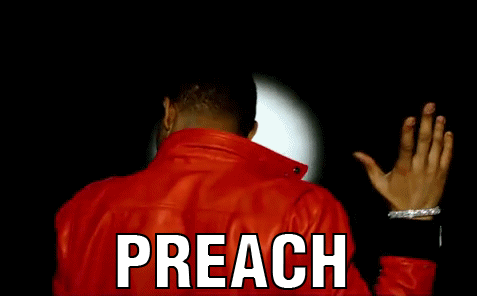jn56uytrx
Well-known member
- MBTI
- INFJ
- Enneagram
- 4w5- 469
OK philosophers, instrumental value vs intrinsic value. Go.
I love the idea of intrinsic value of human life. I hold the inherent worth and dignity of people as a very high value. I think in many ways I engage with people in a way that displays my respect for their worth and dignity no matter their utility. Yet, if I am honest with myself and step away for a moment from my idealistic view of how I want the world to be, I lose touch with it. That is not, in reality, how I see the world operate. I see people across the board make differential value judgment about people all the time. These people are given more respect and included because they offer something a society values; these people are condemned and excuded because they don't-or even drain the resources of a society. I really want to hang on to an idea of inherent worth; it is such a comforting ideal. Yet, how is worth determined? Is there something concrete and unchanging outside of shifting societal norms that determines worth? Or is it just a changing societal norm that would only exist if society collectively decided inherent worth was valuable, kind of flipping it back to instrumental in that very process? I want someone to be able to make an argument I can buy for inherent worth, so badly. I have my suspicions it may not actually be a thing.
Practically, what is the sense of worth we experience day to day? Appreciation for our gifts by others as a measure of the value/worth of us to society? Is there a "gold standard" for worth? If so, what more stable measure beyond changing social norms is that tied to? I am open to Christian theology arguments related to our worth as created by divinity, but I am not sure I believe that premise, so arguments grounded in other perspectives might help me to latch on more firmly to intrinsic value. Yet, I'm not looking for arguments that make me feel better; I want ones that feel true, even if it feels insecure and uncomfortable.
Curious to see what bubbles up.
Practically, what is the sense of worth we experience day to day? Appreciation for our gifts by others as a measure of the value/worth of us to society? Is there a "gold standard" for worth? If so, what more stable measure beyond changing social norms is that tied to? I am open to Christian theology arguments related to our worth as created by divinity, but I am not sure I believe that premise, so arguments grounded in other perspectives might help me to latch on more firmly to intrinsic value. Yet, I'm not looking for arguments that make me feel better; I want ones that feel true, even if it feels insecure and uncomfortable.
Curious to see what bubbles up.


